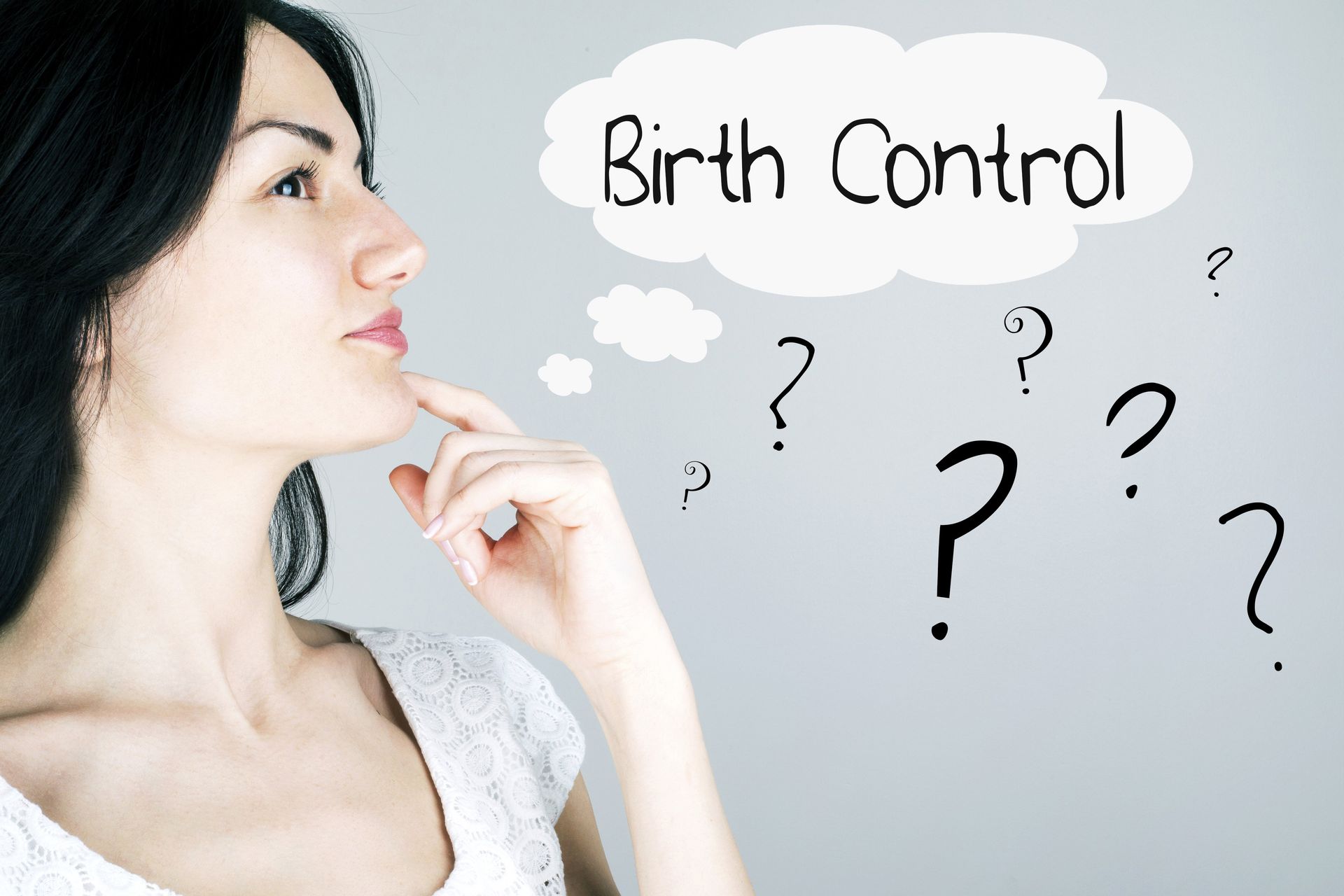Is "The Pill" for You?
Women's Health blog post

“The pill”, an oral contraceptive, is a common form of hormonal contraception that at this point is taken by approx. twelve million women in the United States annually. When taken correctly, at the same time daily, it is highly effective. Less than 0.1% have an unintended pregnancy, but this rate can drastically increase if there is a single time missed. Users have to be organized with their time, and arrange their pills beforehand if they feel that this is the contraceptive method for them. “The pill” contains both estrogen and progesterone which are female hormones. At times, your gynecologist could prescribe this for treating other health symptoms regardless of contraception such as: regulating menstrual cycles, reducing heavy periods or the pain associated, endometriosis which includes the development of cysts in the ovaries, premenstrual syndrome, and even acne. They can even be a method to prevent ovarian and endometrial cancers.
Unfortunately, unless paired with a condom, birth control pills do not effectively prevent sexually transmitted diseases. Takers of the pill also have to bear in mind some of the side effects that come with the benefits. Half the people using the pill experience vaginal bleeding between periods, known as spotting, and this is most common during the first three months of taking the pill for the first time. People who experience more than five days of bleeding should contact their doctor. Headaches and nausea is also a common side effect, be sure to take the pill with food or during bedtime to reduce the likeliness of feeling nauseous. If headaches or nausea is severe you should contact your gynecologist. Tenderness of the breasts, most likely due to them becoming large after using “the pill”, is common. Caffeine and salt can increase the tenderness and should be avoided if the pain gets consistent. Be sure to wear a soft bra, instead of one with wire encasing your tender area. Weight gain is often reported as another side effect, perhaps due to fluid retention. Mood fluctuations can set on especially for those who have a history of depression, for those who have mood disorders it is imperative to discuss this with your gynecologist before you take “the pill”. At times an entire period could be skipped. With stress, illness, travel and hormonal abnormalities, even proper pill use could lead to this. A pregnancy test is always recommended for a missed period, and seek advice if a second period is missed. “The pill” can really affect your sex drive, it can result in a decreased libido. If this bothers both you and your partner and doesn’t improve over time, discuss with your gynecologist what might be a better method. Changes in vaginal discharge is a common one, whether it affects sexual intercourse or decreases lubrication depends on the individual use, but if you’re concerned that something else could be attributing to the discharge don’t be afraid to seek out your gynecologist’s attention. There can be changes in the vision, especially for contact lens wearers, if they are inhibiting and renders you less functional, it might be better to consider other contraceptive options with your gynecologist. Signs that you need to immediately seek medical attention include: abdominal pain, chest pain with shortness of breath, severe headaches, blurry or loss of vision, swelling and achiness in the legs and thighs. Birth control pills have brought on in select users, increases in blood pressure, benign liver tumors and slightly greater risk in developing cervical cancer. Combination pills have a slightly increased risk of cardiovascular side effects. The FDA advises any woman who is 35 years or older who smoke to stay away from combinational pills. Some of such combinational pills have a form of synthetic progesterone that have a higher risk of blood clots. If there is a personal history of liver or heart disease, high blood pressure, uterine or breast cancer, stay away completely from hormonal contraceptives. Your gynecologist should be with you every step of the way in making the decision to take “the pill”, don’t shy away from advice and guidance from the leading experts who want to make you safe and happy.
